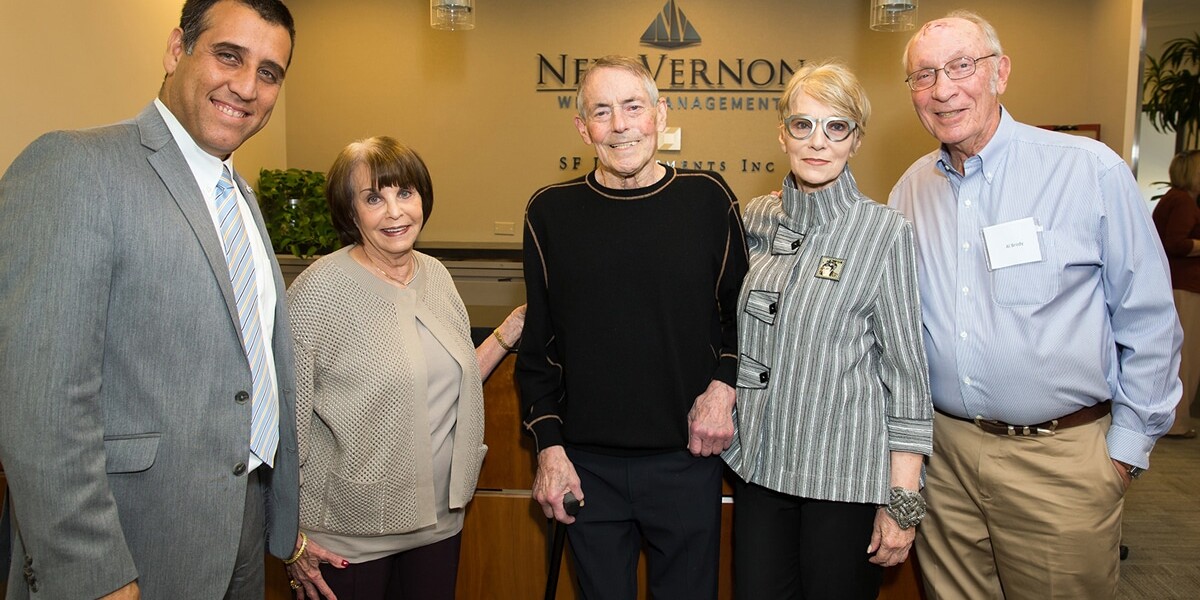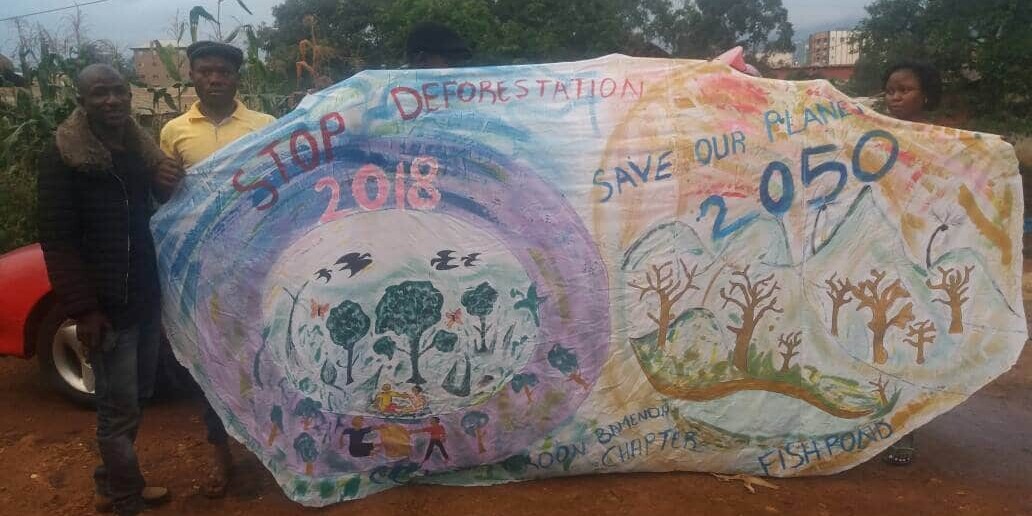When our team in the Philippines received the grant from the Lush Cosmetics Foundation, they made a commitment to install 16 water pumps serving at least 3,500 students in Maguindanao. Thanks to the additional support from a crowdfunding campaign led by Board member Akif Irfan and the tireless efforts of a network of volunteers in the Philippines, our team more than doubled the impact we were expected to achieve.
This past year, the Philippines team exceeded all expectations by providing 36 water pumps at 35 different schools reaching a total of 5,884 students in five different municipalities across Maguindanao.
This is a remarkable acheivement anywhere, but especially difficult in the area of ongoing conflict where we work that this year flared into multiple indicidents of violence and a declaration of martial law. In our region, nearly three out of every four people lacks access to safe drinking water and children are especially hard hit and routinely become ill from contaminated water. This project brings water to schools in part so that children can stay healthy and in school and not travel great distances to retrieve water for their class, regularly losing precious classroom instruction time.
In addition to the direct service of installing water pumps at schools, our has been involved in a wide rage of meetings, events and forums throughout the year, especially around Peacebuilding and the “Bangsamoro Basic Law” legislation designed to reduce tensions in the region. In addition, the team expanded the partnership with the World Food Program to promote hygiene and sanitation for students, teachers and in food preparation.
There are many stories of children and schools whose lives were impacted by the access to safe drinking water that support from Lush made possible, but we are particularly proud to share an update about the five water facilities in Barangay Bugawas, Datu Odin Sinsuat in Maguindanao. Barangay Bugawas is a vulnerable and conflict-affected community where most of the residents have historically supported the aims of the Moro Islamic Liberation Front that is in an open and often violent conflict with the government. These communities have been engaged in the volunteer efforts to bring the water pumps to schools in this region and have coordinated their actions and worked shoulder-to-shoulder with leaders from both sides of the conflict, demonstrating that it is possible to work together to solve problems in ways that build momentum for peace in the region.




